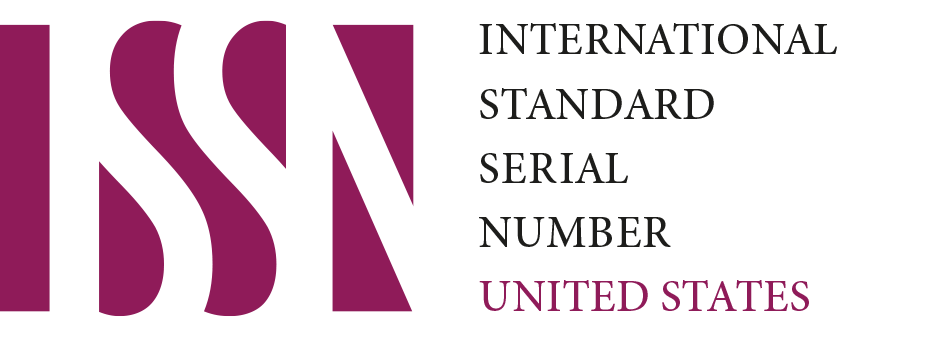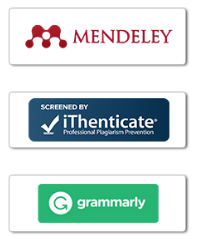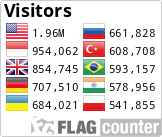Implementing a Digital Curriculum: Enhancing Communication and Media Literacy Skills in Secondary Education
Abstract
The implementation of the digital curriculum in secondary education is an urgent need in the era of digitalization, especially to improve students' communication skills and media literacy. This research aims to explore effective digital curriculum implementation strategies in developing students' communication skills and media literacy at the secondary education level. Using qualitative methods based on literature studies and library research, this study analyzes various sources, including academic journals, books, institutional reports, and educational policies related to the implementation of the digital curriculum. The results of the study show that a well-designed digital curriculum can encourage the improvement of students' critical thinking skills, communication skills, and digital media literacy. Some of the key strategies identified include the integration of project-based technology in learning, the use of digital media as a key learning tool, and intensive training for teachers in mastering educational technology. The study also found challenges in the implementation of the digital curriculum, such as limited infrastructure, inequality in access to technology, and the digital competency gap between teachers and students. The study recommends the development of education policies that support technology infrastructure, ongoing training for teachers, and collaboration with the media industry to enrich learning content. Further research is expected to examine the impact of digital curriculum implementation on student learning outcomes empirically in various educational contexts. Thus, the digital curriculum can be an effective educational transformation tool to equip students with relevant communication and media literacy skills in the 21st century.
Downloads
Published
How to Cite
Issue
Section
License
Copyright (c) 2024 Boby Hendro Wardono, Christina Innocenti Tumiar Panggabean, Hanin Fathan Nurfina Istiqomah, Andi Fentyrina, Rian Permana

This work is licensed under a Creative Commons Attribution 4.0 International License.













